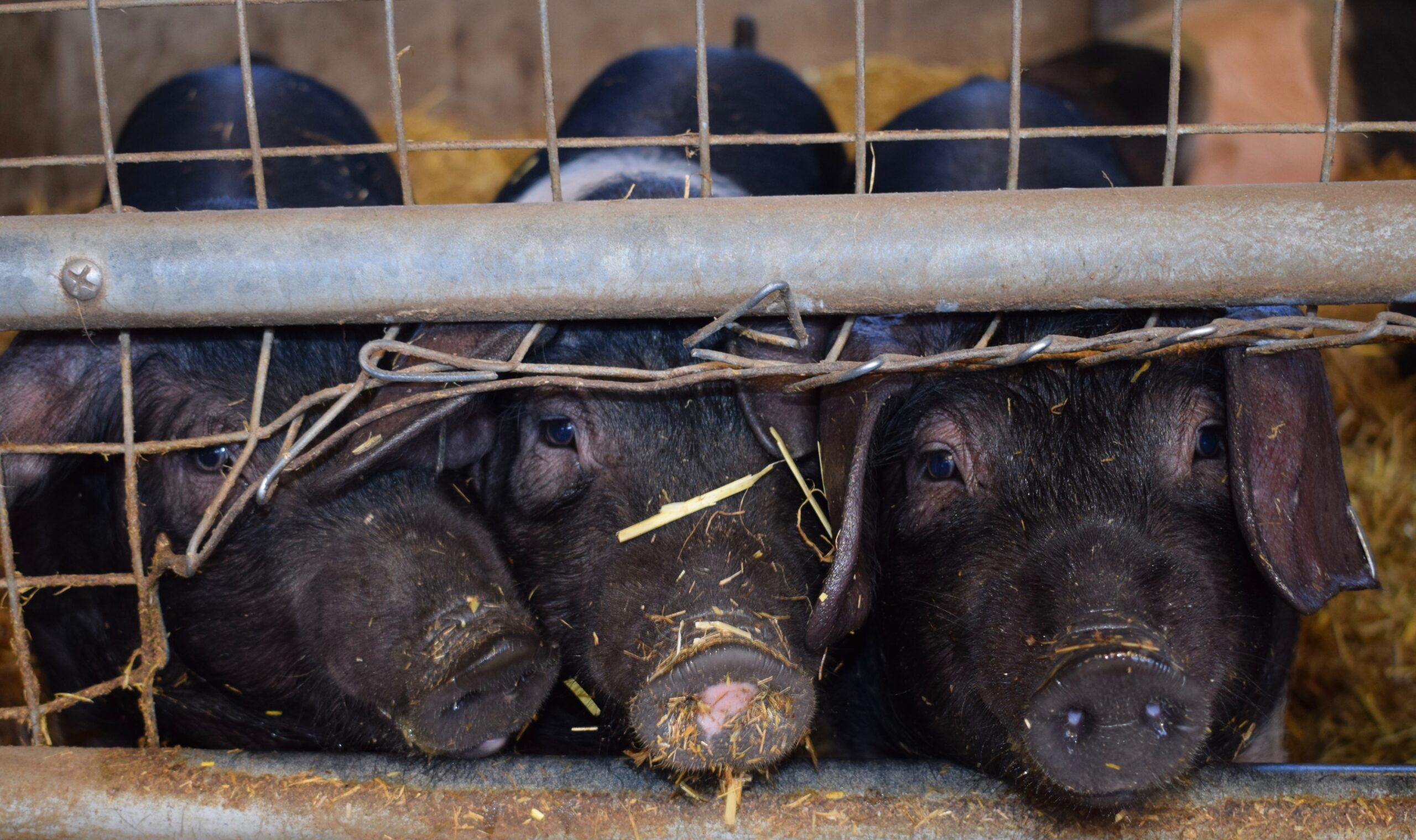A $100 million case against North Carolina hog farms demonstrates the critical role property rights play in protecting the environment and one of the major weaknesses of political environmentalism.
In Joyce McKiver v. Murphy-Brown, LLC, juries awarded neighboring landowners $100 million in damages against a conglomerate that operate dozens of hog farms in eastern North Carolina. The landowners claimed that the farms created a nuisance, unlawfully interfering with their enjoyment of their own property due to extreme odors from uncovered waste ponds and dead animals and the pollution of groundwater and nearby streams.
On appeal, the company argues that the North Carolina legislature has significantly limited the rights of landowners to sue for harms caused by hog farms and other agricultural operations. That argument provoked a passionate response from Judge J. Harvie Wilkinson, which demonstrates both the importance of property rights and the dangers of relying on politics as a substitute:
Yes, the hog farming certainly provides many jobs in eastern North Carolina. It’s important to the economy and national food supply. But it’s harmful to the people who live nearby. . . It’s got to be environmentally harmful to the waterways and seeping into the water. Nobody wants another Flint, Michigan tragedy down the road. And this can’t be good for children’s respiratory systems. Just these odors, you know, talking about wheezing, headaches, things like that. And the inhumanity to the animals and the fatality rate among the hogs. I suppose they’re just animals and maybe some people think they’re ugly and they can treat them the way they want but . . .
But if this were my property I would be outraged at some of these conditions that were allowed to persist. And I think, you know, less fortunate citizens have property rights, too. And many of the homes surrounding an operation of this sort, they don’t go for a high price. But the people who live in them, they have a right to good health. They have a right to the enjoyment of their property. If this were some McMansions surrounding these hog farming operations, if these were the houses of the affluent, if these were more politically powerful, wouldn’t those conditions have been cleared up sooner rather than later? That is my problem.
In 2017, the North Carolina legislature passed a statute—which I’ve unaffectionately referred to as the Crony Nuisance Protection Act—to protect the agriculture industry from suits like this in the future. The company argues that, despite the law saying it only applies to future cases, North Carolina law requires the court to apply it retroactively to void most of the damages the jury awarded.
That argument didn’t seem to get much traction with the court. But Judge Wilkinson’s comments suggest that the law may not survive the future cases to which it plainly applies. In particular, he questioned how far the legislature could go before it would be violating property rights itself.
The legislature didn’t repeal the common law rights of the citizens of North Carolina. And there’s also discussion of vested rights and the danger of repealing vested property rights retroactively. But the legislature did not repeal the common law cause of action of nuisance.
Interestingly, the North Carolina governor vetoed the bill precisely because it would interfere with property rights and raise constitutional concerns. Nevertheless, the legislature overrode the veto and the law went into effect.
In questioning whether legislatures can simply erase property owners’ rights to be free from nuisances, Judge Wilkinson and Governor Cooper are in good company. Last year, in a case questioning whether the federal Comprehensive Environmental Response, Compensation, and Liability Act similarly blocks landowners from suing polluters for nuisance, at least four of the Supreme Court’s nine justices expressed concern over the argument’s property rights implications. Justice Gorsuch even suggested that the government would have to pay for the rights taken (an argument advocated by PERC and Pacific Legal Foundation in an amicus brief).
If (or perhaps when) North Carolina’s law is challenged on property-rights grounds, it will not be the first “right to farm” law to face such a challenge. In the 90s, the Iowa Supreme Court struck down a similar law as odious to the Constitution’s property-rights protections.
“This is not a close case,” the court declared.“When all the varnish is removed, the challenged statutory scheme amounts to a commandeering of valuable property rights [the right to use and enjoy one’s property] without compensating the owners, and sacrificing those rights for the economic advantage of a few.”
If a hog farm or anyone else wants to pollute their neighbors’ land, they should have to negotiate with the neighbors for the right to do so and pay whatever the landowner demands. This forces would-be polluters to internalize the environmental costs they impose, which ultimately benefits both property owners and the environment.
Discarding this property-rights regime in favor of a political process threatens significant property and environmental harms because politicians have no way to know the value landowners attach to clean air and water and poor incentives to find out. Instead, as the North Carolina legislation shows, politicians are more likely to make decisions based on who’s politically powerful and who isn’t.




